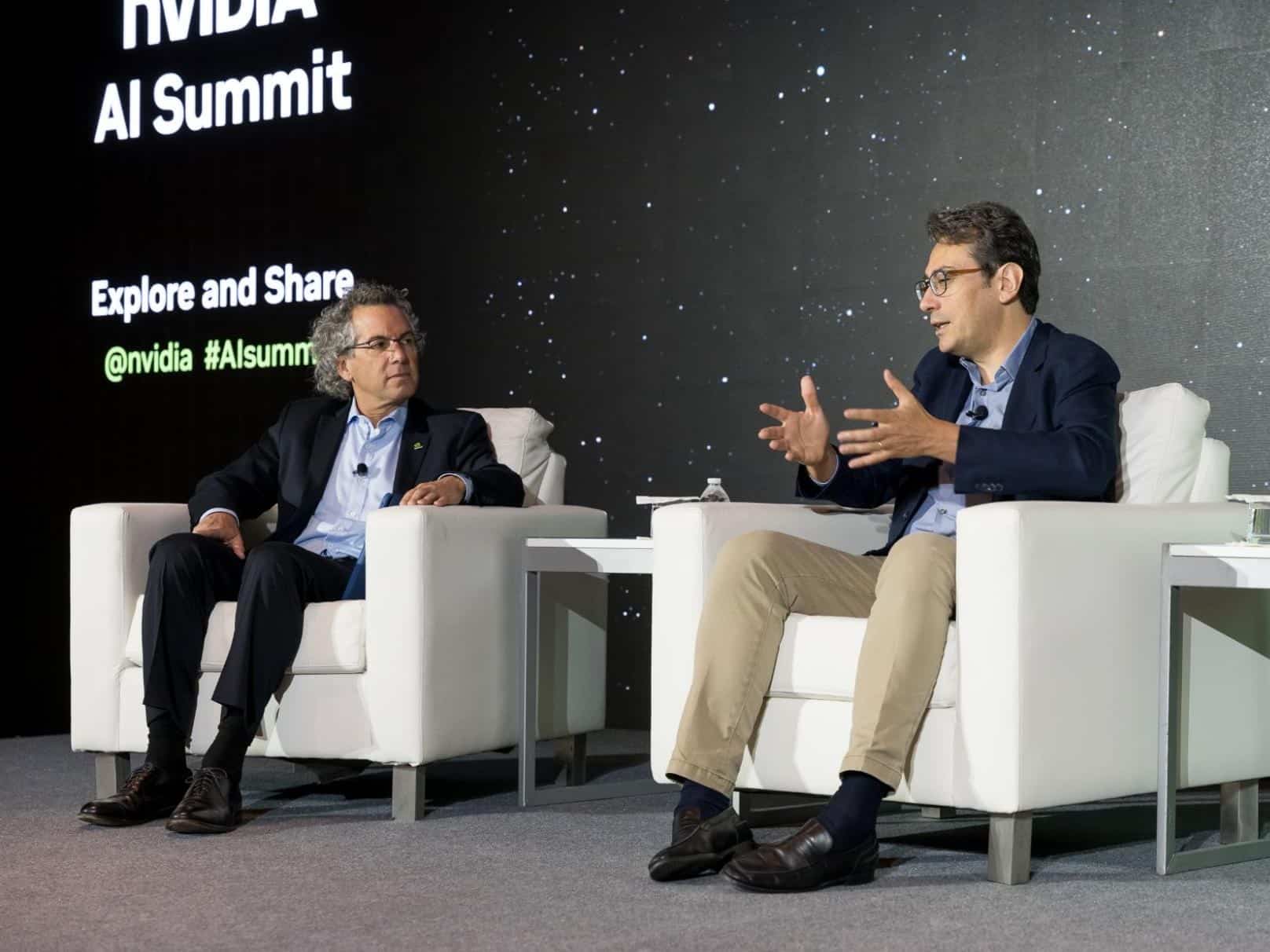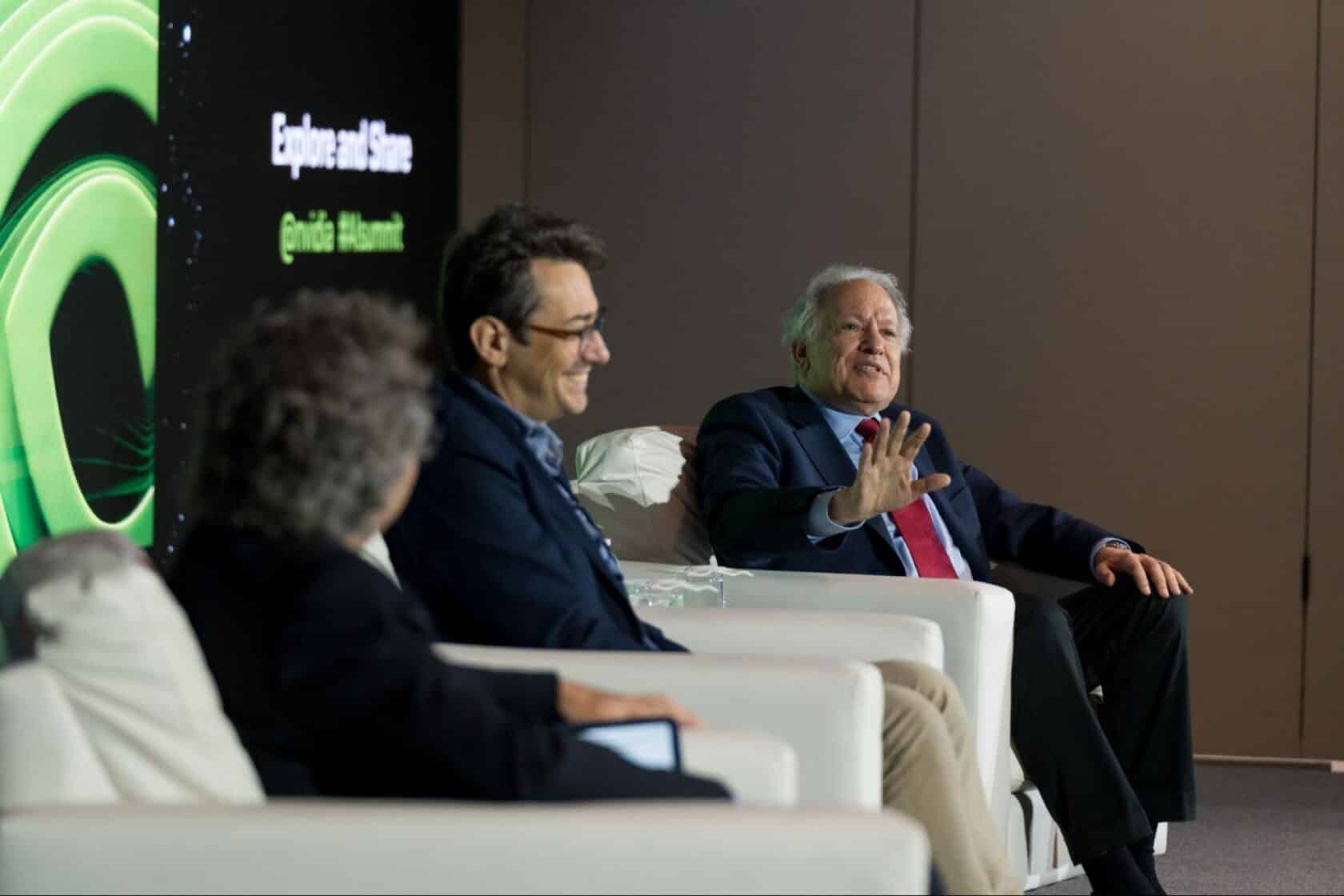The autonomous driving business is formed by fast technological developments and the necessity for standardization of tips to make sure the protection of each autonomous autos (AVs) and their interplay with human-driven autos.
On the NVIDIA AI Summit this week in Washington, D.C., business specialists shared viewpoints on this AV security panorama from regulatory and expertise views.
Danny Shapiro, vp of automotive at NVIDIA, led the wide-ranging dialog with Mark Rosekind, former administrator of the Nationwide Freeway Site visitors Security Administration, and Marco Pavone, director of AV analysis at NVIDIA.
To border the dialogue, Shapiro kicked off with a sobering remark in regards to the excessive variety of crashes, accidents and fatalities on the world’s roadways. Human error stays a major problem and the first trigger of those incidents.
“Bettering security on our roads is essential,” Shapiro stated, noting that NVIDIA has been working for over twenty years with the auto business, together with superior driver help techniques and totally autonomous driving expertise improvement.
NVIDIA’s strategy to AV improvement is centered on the mixing of three computer systems: one for coaching the AI, one for simulation to check and validate the AI, and one within the automobile to course of sensor information in actual time to make protected driving choices. Collectively, these techniques allow steady improvement cycles, all the time enhancing the AV software program in efficiency and security.
Rosekind, a extremely regarded automotive security knowledgeable, spoke in regards to the patchwork of laws that exists throughout the U.S., explaining that federal companies concentrate on the automobile, whereas the states concentrate on the operator, together with driver training, insurance coverage and licensing.
Pavone commented on the emergence of latest instruments that enable researchers and builders to rethink how AV improvement is carried out, on account of the explosion of latest applied sciences associated to generative AI and neural rendering, amongst others.
These applied sciences are enabling new developments in simulation, for instance to generate complicated eventualities geared toward stress testing autos for security functions. And so they’re harnessing basis fashions, corresponding to imaginative and prescient language fashions, to permit builders to construct extra sturdy autonomy software program, Pavone stated.
One of many related and well timed subjects mentioned throughout the panel was an announcement made throughout the AI Summit by MITRE, a government-sponsored nonprofit analysis group.
MITRE introduced its partnership with Mcity on the College of Michigan to develop a digital and bodily AV validation platform for business deployment.
MITRE will use Mcity’s simulation instruments and a digital twin of its Mcity Take a look at Facility, a real-world AV take a look at setting in its digital proving floor. The collectively developed platform will ship bodily primarily based sensor simulation enabled by NVIDIA Omniverse Cloud Sensor RTX functions programming interfaces.
By combining these simulation capabilities with the MITRE digital proving floor reporting and evaluation framework, builders will be capable to carry out exhaustive testing in a simulated world to securely validate AVs earlier than real-world deployment.
Rosekind commented: The MITRE announcement “represents a chance to have a trusted supply who’s finished this in lots of different areas, particularly in aviation, to create an unbiased, impartial setting to check security assurance.”
“One of the thrilling issues about this endeavor is that simulation goes to have a key position,” added Pavone. “Simulation lets you take a look at very harmful circumstances in a repeatable and assorted approach, so you’ll be able to simulate totally different instances at scale.”
“That’s the fantastic thing about simulation,” stated Shapiro. “It’s repeatable, it’s controllable. We are able to management the climate within the simulation. We are able to change the time of day, after which we will management all of the eventualities and inject hazards. As soon as the simulation is created, we will run it again and again, and because the software program develops, we will guarantee we’re fixing the issue, and may fine-tune as needed.”
The panel wrapped up with a reminder that the important thing purpose of autonomous driving is one that companies and regulators alike share: to cut back demise and accidents on our roadways.
Watch a replay of the session. (Registration required.)
To study extra about NVIDIA’s dedication to bringing security to our roads, learn the NVIDIA Self-Driving Security Report.

